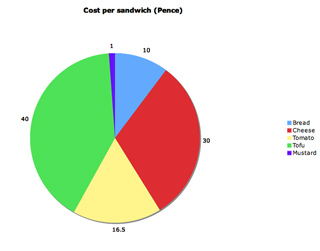I am splitting the literature review chapter for my thesis into two sections: the first about general materials relating to the role of science in environmental policy, and the second about the specific case studies. This bit is for the beginning of the general section, intended both to demonstrate the scope of appropriate materials and put them into a kind of comprehensible framework:
Within the realm of the general scholarship about expertise, legitimacy, and the application of science to the development of political solutions to environmental problems, there is a spectrum of discussion. At one end is the work most explicitly and restrictively concerned with questions within science itself. The deliberations of Popper, Kuhn, and their colleagues are frequently of this nature. The next band in the spectrum is work that relates to the social roles of scientists, within a broader social context. Here, the work of Haas on epistemic communities is particularly important. So too are deliberations within the scientific community itself over what it means to be a scientist. At a still-lengthening wavelength are explicit discussions about the political role that scientists should play: how, for instance, they should present their findings to policy makers, and whether it is appropriate to adopt political stances. Next come discussions about the same question, only from the political – rather than the scientific – point of view. How do politicians and political theorists view the process of delegation to scientists and scientific bodies? Finally, there are the most explicitly political and philosophical questions about things like the nature of international justice and the relationship between humanity and nature. In the following extended discussion, I will employ this organizational structure: moving from the high energy, short-wavelength considerations of science from within to the long wave questions of abstract political theory, keeping in mind the reality that these discussions are entangled with one another at many points.
What do you think of the metaphor? Too simplistic for a work of this sort, or useful as a means of categorizing? If I had to place myself on this spectrum, I would probably be in the yellow band: closer to red than to green. Most of the reading I have been doing – and a lot of what interests me most – is in the blue to violet range, though blaring red is not without appeal.
Also, it should be noted that I have far more sources of the first kind (general) than of the second (case study specific). This has a lot to do with how people keep suggesting the former and not the latter. Anyone who knows of any especially good writing on either the Stockholm Convention on POPs or the Kyoto Protocol is strongly encouraged to let me know about it. The library resources at Oxford, especially on Stockholm, are a bit patchy.





